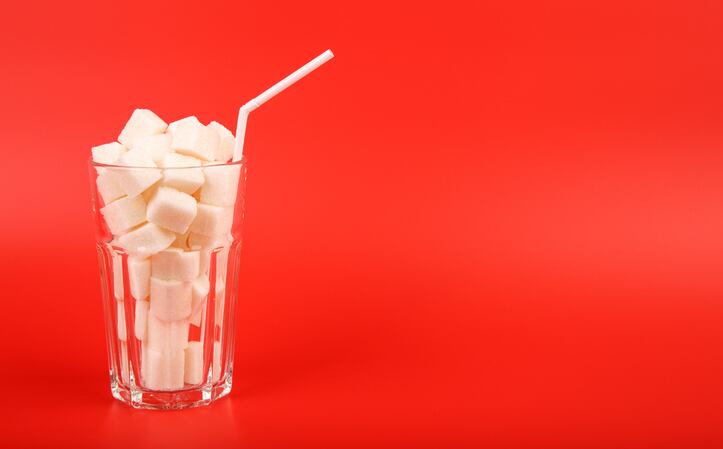A 100% tax is imposed on alcohol, energy drinks, and pork, while the tax rate for sugary drinks is 50%, the country’s Ministry of Finance said as part of its budget announcement.
The law was implemented on January 1.
Since the implementation, many alcohol and energy drinks products saw a price hike.
For instance, a 250ml Red Bull energy drink, previously sold at QR$4.75 (US$1.30), is now QR$9.50 (US$2.60), while a 500ml Monster energy drink and the Monster Khaos Drink now cost QR$22.50 (US$6.10) when it used to be QR$11.25 (US$3.09), the Gulf Times reported.
Some firms, however, have said that the tax has limited impact on its current product offerings in Qatar.
For instance, Nestlé Middle East will only see a single product being affected by the tax implementation, spokeswoman Lynn Al Khatib told FoodNavigator-Asia.
At present, only its Sanpellegrino Sparkling Fruit Beverage falls under the category of "Carbonated flavoured Drinks", thus, limiting the impact of the tax on the company’s business in Qatar.
In addition, the product only represents “a small part of Nestlé Waters business in Qatar,” Al Khatib added.
She added that the sugar content of the product has been reduced by 20% since 2015, and that the firm would continue to develop new products with lower sugar content without compromising the taste.
Qatar’s Ministry of Development Planning and Statistics have floated the idea of selective tax on items such as soft drinks, tobacco, and fast foods since 2016.
Alcohol prices reduced
Qatar’s sole importer, distributor, and retailer of alcoholic beverages, The Qatar Distribution Company, has pared its retail prices on Sunday, a move done in response to public outcry.
The company is selling a 24-pack of Heineken for US$92, $13 cheaper than the price after tax, Bloomberg reported. Before the tax kicked in, a 24-pack Heineken only cost US$53.
A day before the tax went into effect, the company saw “extreme queues” for its alcoholic products, according to its Facebook post.
It said that the queue duration for the shop and permit office was more than 60 minutes and that was expected to last for a whole day.
The future of beverages in ME
Fruit drinks and nectars containing a certain amount of sugar will be subject to taxes in the future, according to a regulatory expert.
“The GCC countries are going through ways to cut the amount of fats, sugar, and salt in food products, and they are starting with the reduction of sugar,” Hassan Bayrakdar, the MD of UAE-based Raqam Consultancy told FoodNavigator-Asia.
It is expected that more GCC countries will be introducing the sin tax, which includes a 100% tax on energy drinks and 50% on carbonated drinks.
This is because the GCC has approved the implementation of sin tax in 2017, and Saudi Arabia is the first Gulf country to introduce the tax.
Besides sin tax, all food and beverage products containing added sugar will need to bear the label “added sugar” from the end of this year, Bayrakdar added.
To prepare for these regulatory changes, he encouraged manufacturers to revise their product labels as soon as possible.
As for beverages that would be affected by the sin tax, he advised manufacturers to draft another pricing strategy for these products and to be careful in production forecast.




